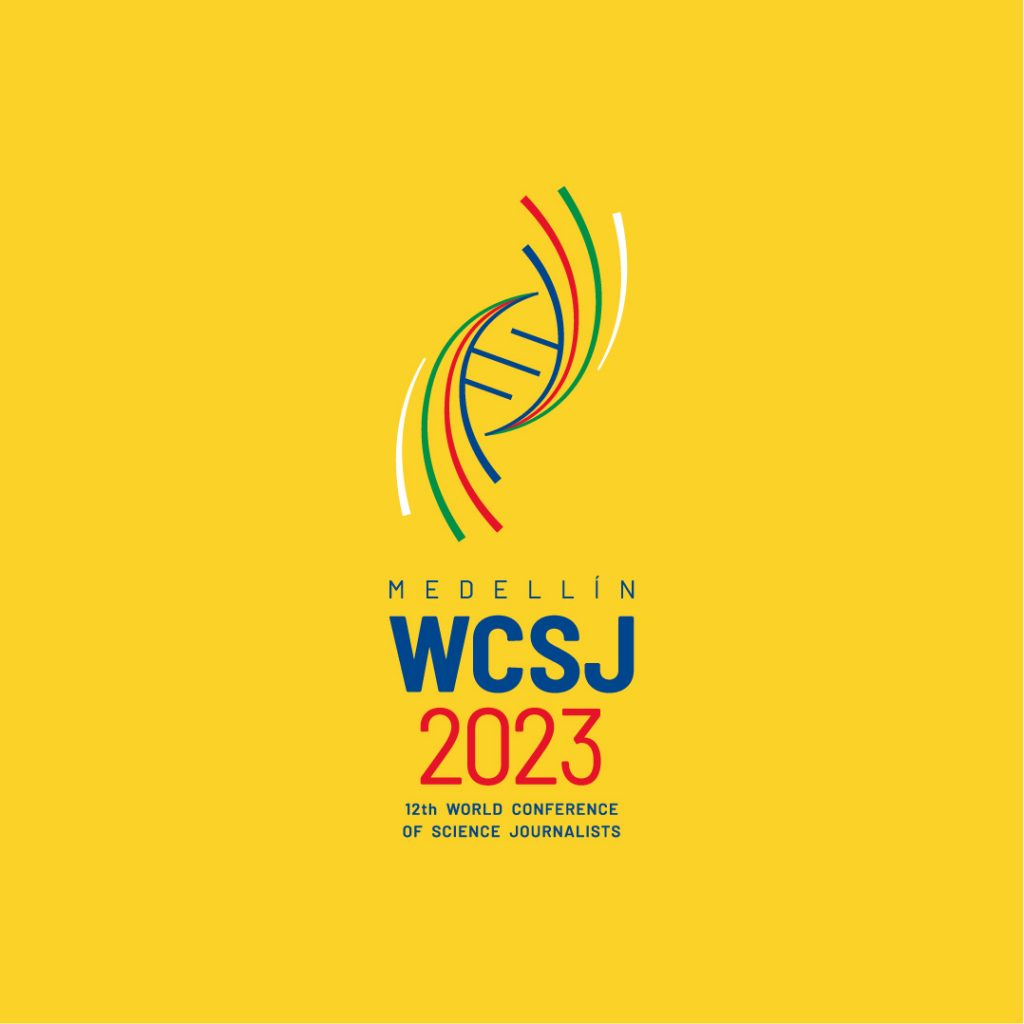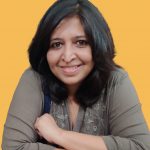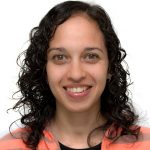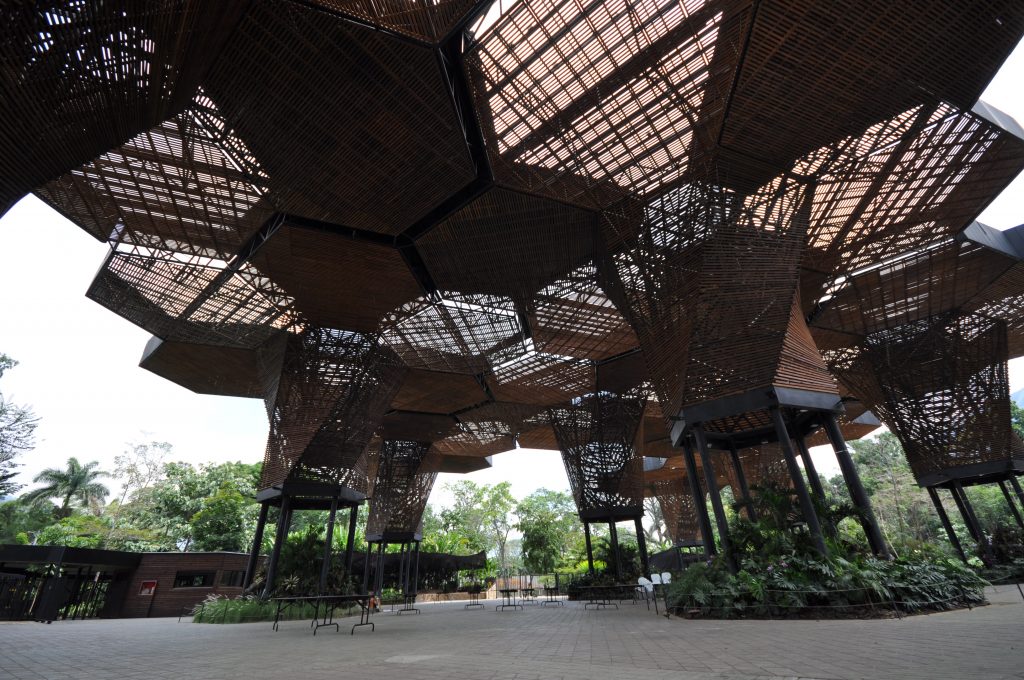
The WCSJ 2023 programme committee is proud to announce the first two sessions of the program. Reporting on inequity in science from the Global South Science has a diversity problem, and it is more acute in lower and middle income countries in the Global South. What unique problems of non-inclusion exist in the Global South and how do they harm science, academia, and science journalism? Can science journalism move the needle by spotlighting these challenges to create a more diverse and equitable scientific force? Moderator:
Subhra Priyadarshini is the Chief Editor of Nature India and the founding President of the Science Journalists Association of India. She is the co-chair of Springer Nature Women, an employee network supporting female-focused career development, and part of the company’s DEI steering group. Subhra has worked as a journalist with The Times of India, The Indian Express, The Asian Age, The Telegraph, Press Trust of India and Down To Earth magazine. She was on the programme and selection committees of the World Conference of Science Journalists 2017 and 2019.
Speakers:Ankur Paliwal is an independent journalist who writes about science, inequity, and LGBTQIA+ community. He mostly reports from South Asia and Sub-Saharan Africa, and his stories have appeared in several publications including Undark and Scientific American. He is currently based in New Delhi. Laura Helmuth is the editor in chief of Scientific American. She has previously been an editor for the Washington Post, National Geographic, Slate, Smithsonian and Science magazines. She is a past president of the U.S. National Association of Science Writers and helped organize the 2017 World Conference of Science Journalists in San Francisco, California. Abdullahi Tsanni is a science journalist reporting on science, public health and the scientific enterprise in sub-Saharan Africa. His bylines are in Nature, The British Medical Journal, Popular Science, and African Newspage, among others. He is a founding member of the nonprofit African Science Literacy Network, which helps African scientists and journalists communicate science effectively. He was an Early-Career Science Journalism Fellow at The Open Notebook in 2021, and is currently in the Graduate Program in Science Writing at MIT, Cambridge, Massachusetts. Thereza Paiva is a Physics Professor at Universidade Federal do Rio de Janeiro, Brazil. Her research is focused on studying emergent states of matter. The initiative Tem Menina no Circuito, which she co-
founded with physicists Elis Sinnecker and Tatiana Rappoport, won the 2022 Nature Inspiring Women in Science Award. The initiative provides social inclusion to low-income girls through science. Humanitarian emergency: lessons for science journalism. The discussion will focus on the role that science journalism should play in humanitarian emergencies, from the experience of journalists reporting from Kenya, Syria and Venezuela. The panel will address professional challenges, personal risks and ethical dilemmas that may arise for the practice of scientific journalism in these contexts. Moderator:
Margaret López is a freelance journalist focused on Climate Change, Science and Finance. Currently, she publishes in the Latin-American chapter of SciDev.Net and in the Venezuelan digital news site Efecto Cocuyo. She was awarded with the Arístides Bastidas Municipal Prize for her scoop about the first oral outbreak of Chagas Disease in Caracas and received fellowships from the Earth Journalism Network (EJN) and Thomson Reuters Foundation. Speakers:Wesley Langat is a freelance journalist for Thomson Reuters Foundation based in Nairobi Kenya, passionately covering climate change, environment and agriculture in East and Horn of Africa. He has written articles for international media outlets including The Guardian, ClimateHomeNews and The Epoch Times. Sonia Ali is an independent Syrian journalist who writes for local and international newspapers and websites, including Scidev, TRT Arabic, the Geiroon Media Network and Al-Joumhouria website. Luisa Salomón is a journalist specialized in coverage and research on science, health, communication and public policies in Venezuela. She was a reporter and editor-in-chief of the national newspaper El Nuevo País and coordinator and reporter of politics in the web site Contrapunto. She was a 2020 Pulitzer Center grantee and a fellow of the International Women’s Media Foundation (IWMF) in its global health reporting initiative. Our venue is the Jardin Botanico and registration will launch the first week of December. More details will follow soon, as well as registration details!  The five tracks of the programme The five tracks of the programme
If you come to the conference you can look forward to sessions across these five tracks:
Track 1: Science immersion (Direct access to scientific sources for stories)
Track 2: On responsible reporting (Practical discussion of ethical challenges)
Track 3: New challenges to explore (Deep-dives on how to better serve and find new audiences)
Track 4: North/South: To a new global dialogue in the 21st century (Science content and professional development with a global view)
Track 5: Our craft: tools of the trade (New perspectives on how to develop as professionals) 
Springer Nature is a supporter of WCSJ 2023 Springer Nature is a global publisher of research and education content, responsible for brands such as research journal Nature, Macmillan Education and Scientific American. Across these titles and more, they publish over 400,000 research articles and approximately 13,000 books per year. Their content platforms receive over 2.5 million visits a day. Their mission is to open doors to discovery for all, enabling millions of researchers, educators, clinicians and other professionals to access, trust and make sense of the latest insights to together improve and enrich lives, and help to protect our planet for future generations. The World Conference of Science Journalists (WCSJ, www.wcsj.org) is the biggest global event on science journalism, attracting approximately 1,200 journalists covering science and medical issues, as well as international experts, scientists, and communicators, among others.
The 10th World Conference of Science Journalists (WCSJ2017) in San Francisco (26–30 October 2017) and the 11th World Conference of Science Journalists (WCSJ2019) in Lausanne (1-5 July 2019) both attracted more than 1,300 attendees. WCSJ2022 Medellin will be hosted at the extraordinary venue of the city’s Jardin Botánico de Medellín from 27-31 March 2023. For partnership opportunities please contact us  
 
 
 



|